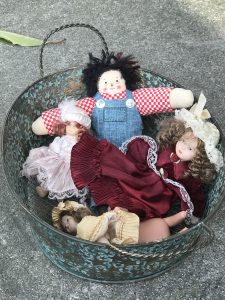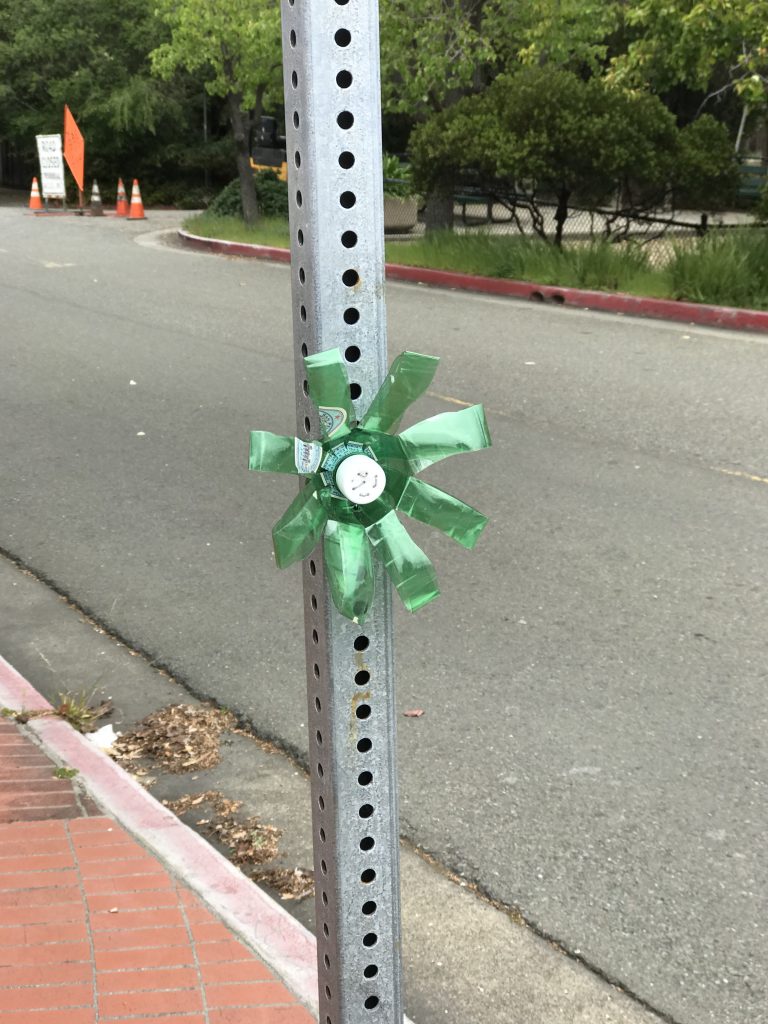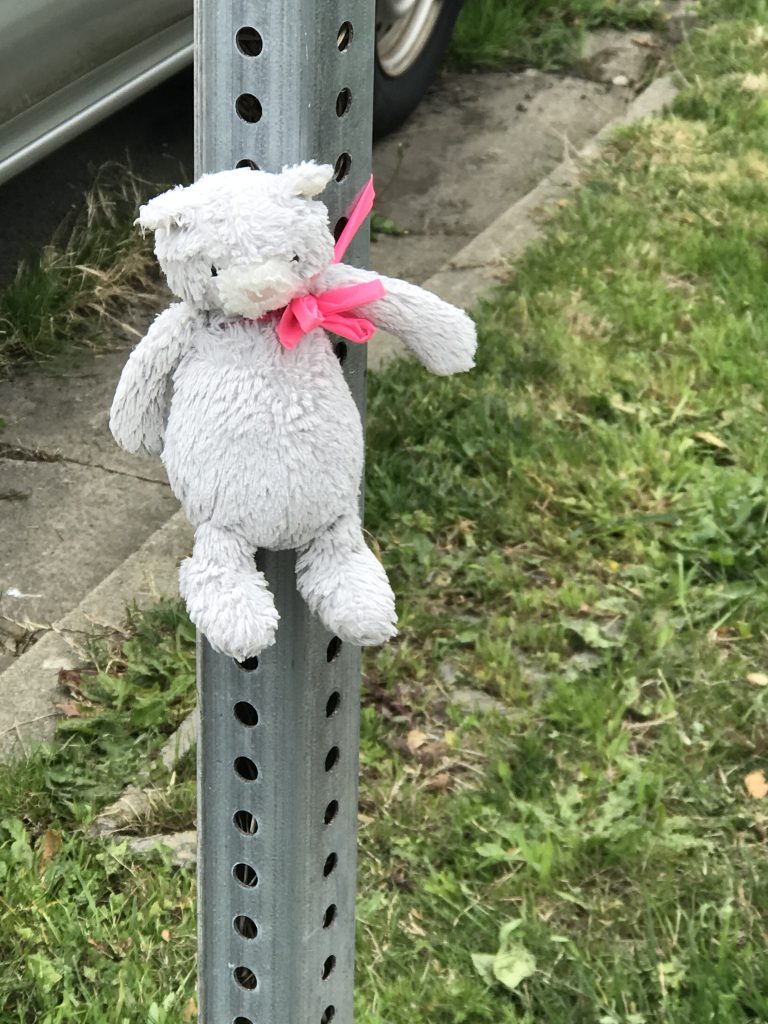Berkeley is one of those cities with a worldwide reputation of progressive wacky liberalism. It can be open-armed and loving, radically accepting, and so politically correct one could never admit they voted for President Reagan in 1980 without facing a potential loss of one’s progressive bona fides, and a few friends.

Before COVID-19, my neighborhood had its “regulars.” The crossing guard posted at the crosswalk just outside of Starbucks who talked and waved to all the children. The group of 60-something men who drank coffee outside of Peet’s every morning, keeping up on local and national politics — not a Trump fan amongst them.
There were the two homeless guys who have been part of the neighborhood forever. The skinny guy sits outside of Peet’s and acknowledges his regulars with a quiet wave. The other fellow dressed in layers of dirty black clothes won’t make eye contact, but leaves little pinwheels of plastic bottles and beer cans on the trees and bushes — simple, sweet, found objects. The Safeway checkers save the money others leave behind in the coin-drop for him.
These day-to-day casual encounters feel long ago. With outdoor activity limited, many have turned to NextDoor to remain informed about their community’s activity. NextDoor is a social networking service where one can post pictures of lost dogs, offer lemons free for the taking, get a lead on a plumber, or advertise their kid’s ability to babysit. The website says, “Our purpose is to cultivate a kinder world where everyone has a neighborhood they can rely on.”
According to Modern Luxury Silicon Valley, NextDoor’s co-founder Nirav Tolia grew up in Odessa, Texas, a small community where anonymity was rare. When he moved to California to attend Stanford, he discovered we were all too busy to even know our neighbor’s names. He wanted to change that and develop an online community where neighbors could lean on each other.

Now, as we sit with our devices, hunkered down with pets and kids, no one needs a babysitter. We might wish the dog would get lost, and we are too afraid to take our neighbor’s lemons for fear we will catch the disease.
We gear up for the grocery store: hand sanitizer, check; nitrile gloves, check; face mask, check. A week ago, this seemed like a special outing. Now it seems like a mission into enemy territory as we search for toilet paper and fresh produce. NextDoor offers a bit of an outing while sheltering in place, as we cradle our devices like a lifeline. A NextDoor posting begins like a classified ad, and the app resembles the old cork board filled with fliers at the entrance to the supermarket. The app is interactive, and in messageboard-style, a conversation is born below the post.
One woman on the site knows someone who knows someone in China who can get N-95 masks. Some wonder if it is a scam, no offense intended, and suggest caution. Most are in on the purchase. Some have loved ones on the front lines. Neighbors pitch in to buy masks for the first responders. Others question if that is really so, or are they planning to use them for themselves? A little finger wagging ensues, until the point is reinforced that we all should be wearing them.
Another woman makes fabric masks for friends, hospitals and whoever needs them, but she needs fabric. Another, also sewing away, needs elastic. Someone suggests elastic hair ties can be used and a virtual sewing circle emerges. With a small photo, one of the makers expresses gratitude to those who shared fabric and even a machine, and for her grandmother who taught her how to sew.

One post titled “Trump’s Plan to Give Everyone $2000” gets the crowd riled up. Some are desperate and fear it’s not enough. Some have plenty and vow to donate theirs to the democrats. Some can’t make rent and feel their landlords are scum. Landlords plead for understanding. They, too, have bills to pay. It gets heated, but most remain nice. The ones who aren’t get reported. NextDoor takes civility to heart, but underneath the niceness, the neighborhood fear is palpable.
One neighbor lost a black glove and asked for help finding its “partner.” Some complain how easy it is to lose earrings and scarves while removing masks. One needs a recommendation for a dentist.
There are daily posts of bear sightings, spurred on by Michael Rosen’s 1989 children’s book, “We’re Going on a Bear Hunt.” Here the kids, with parents in tow, seek the stuffed bears neighbors have placed in their windows. This a treasure hunt of sorts that is a way to have some fun while social distancing.
A woman writes that her 27 year-old daughter just died. The pain in the simple sentence pulls us all up short as we picture her alone, unable to be there when her daughter passed. Condolences flood the site from strangers in the neighborhood.
Sheltered in our own homes, we know people are dying every day, as they always do, but her loss makes this pandemic real. These are our neighbors, and the losses we experience today will rearrange our lives for many years to come. It’s about those who have and those who don’t. It’s about lost retirement savings and rainy day funds. It’s about fear for our own safety and the community we love. It’s not knowing what our neighborhood will look like when we return to “normal.” Will the regulars who own the small cafes and shops, and our crossing guards and homeless, make it through?
These are our people, and we are all connected. Let’s ask for our neighbor’s names and get to know them better.


























